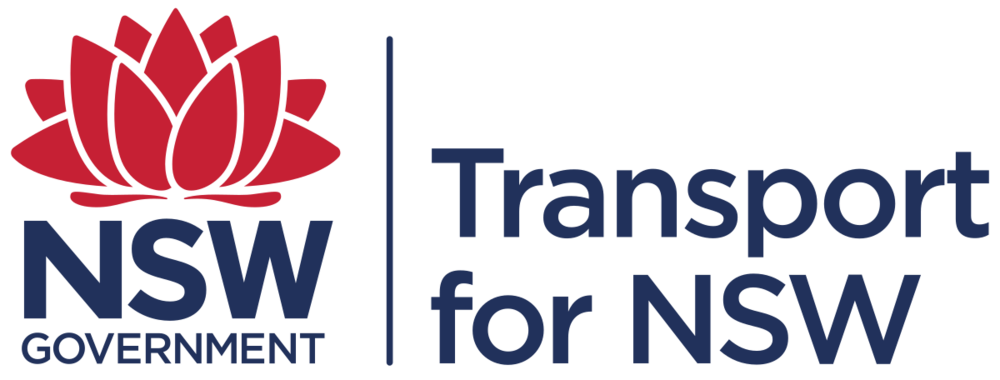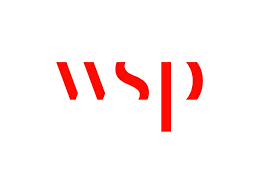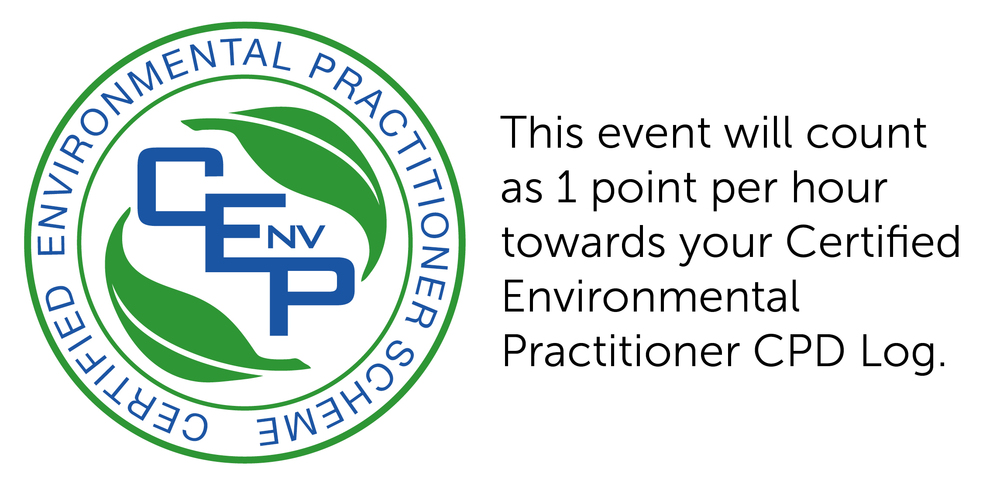-
Member Login
- Home
- About
- Institute Groups
- Australian Divisions
- New Zealand Chapter
- Special Interest Sections
- Communities of Practice
- Membership
- Events
- News & Publications
- Institute Programs
- Resources
- Jobs Board
- Contact Us
- Site Info
Symposium | Using technology to reduce wildlife-vehicle collisions
Wildlife-vehicle collisions are a significant risk to human safety, threat to wildlife conservation, and an animal welfare concern.
Transport agencies around the world are building fences to prevent wildlife from accessing roads and railways and installing underpasses and overpasses to allow safe crossing. There are many situations where fences and crossing structures are not feasible, and technological approaches, such as animal detection and deterrent systems, are being considered. This symposium will explore the evidence base and the ecological and technological considerations underpinning the different options to reduce wildlife-vehicle collisions and enable a synthesis and direction forward including opportunities for future trials.
This symposium will bring together ecologists, transport agencies, technology experts, all levels of government, NGOs, industry, and the community.
The technology to be discussed includes:
• Animal detection and identification systems
• Animal deterrent systems (e.g. virtual fences)
• In-car and roadside warning systems for motorists
• Vehicle automation.
This symposium will be available for attending in person and online.
View the program here → |
Registrations are open!
The symposium on "Using technology to reduce wildlife-vehicle collisions" includes one day of technical content including keynote speakers, plenary sessions, panel sessions, a dedicated poster session and trade displays.
Registration is required for both in-person and on-line participation. Rates for on-line participation are the same as in-person due to increased audio-visual associated with running an interactive online and in-person event. Please register via the blue button below and indicate in the registration form if you are attending in person or online.
Registration rates
| Standard delegates | Register for the symposium via the blue box at the bottom of the page | $195 |
| Community groups and NGOs | To receive the discounted rate REGISTER HERE → | $95 |
The registration fee charged in AUD including GST. If you wish to receive a tax invoice for payment please contact office@eianz.org
Submit a poster abstract
Are you a researcher or practitioner with knowledge or experience in designing, testing or applying technological approaches to reduce wildlife-vehicle collisions in Australia or internationally? If yes, you are invited to submit an abstract to present a poster at the event. The aim of the symposium is to explore the pros and cons of different technological approaches to reduce WVC, and presenters are therefore encouraged to consider the following in their presentations:
• A description of the technology
• Discussion of limitations, challenges or deficiencies of the technology or the findings
• Future directions and opportunities
• Relevant case studies, in-situ applications, research trials and literature reviews are welcome.
The findings of the symposium and an accompanying literature review will be synthesised into a peer-reviewed publication and a discussion paper to guide the future investment of TfNSW (including trials of the most promising technologies) and other transport agencies around the world.
Submit an abstract here → |
Trade exhibition
We are offering exhibitors a chance to showcase their products at a trade exhibition that will run throughout the symposium. If you would like more information on exhibiting at this event please contact the EIANZ team at events@eianz.org or Rodney van der Ree at Rodney.VanderRee@wsp.com
Thank you to our event sponsor

Thanks to our trade display exhibitors
Brought to you by
.jpg) |
 |
Not an EIANZ member?
Consider joining as a student, associate or full member today! Join here →
CPD Points

Event details
When: Tues 21 May 2024
Where:
Aerial UTS Function Centre
Bldg 10/Lv 7, 235 Jones Street
Ultimo, NSW
Cost: $95 Community Groups and NGO's & $195 Standard Delegates (AUD)
Contact: EIANZ - events@eianz.org, +61 3 8593 4140, +64 9887 6972
Register now and secure your attendance
Event date has passed
Resources
We acknowledge and value the rights and interests of Indigenous Peoples in the protection and management of environmental values through their involvement in decisions and processes, and the application of traditional Indigenous knowledge.


 Final_EI856_WILDLIFE_VEHICLE_SYMP_FLYER.pdf
Final_EI856_WILDLIFE_VEHICLE_SYMP_FLYER.pdf